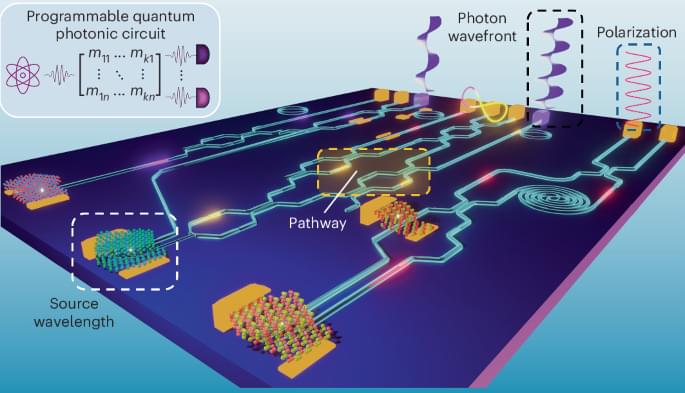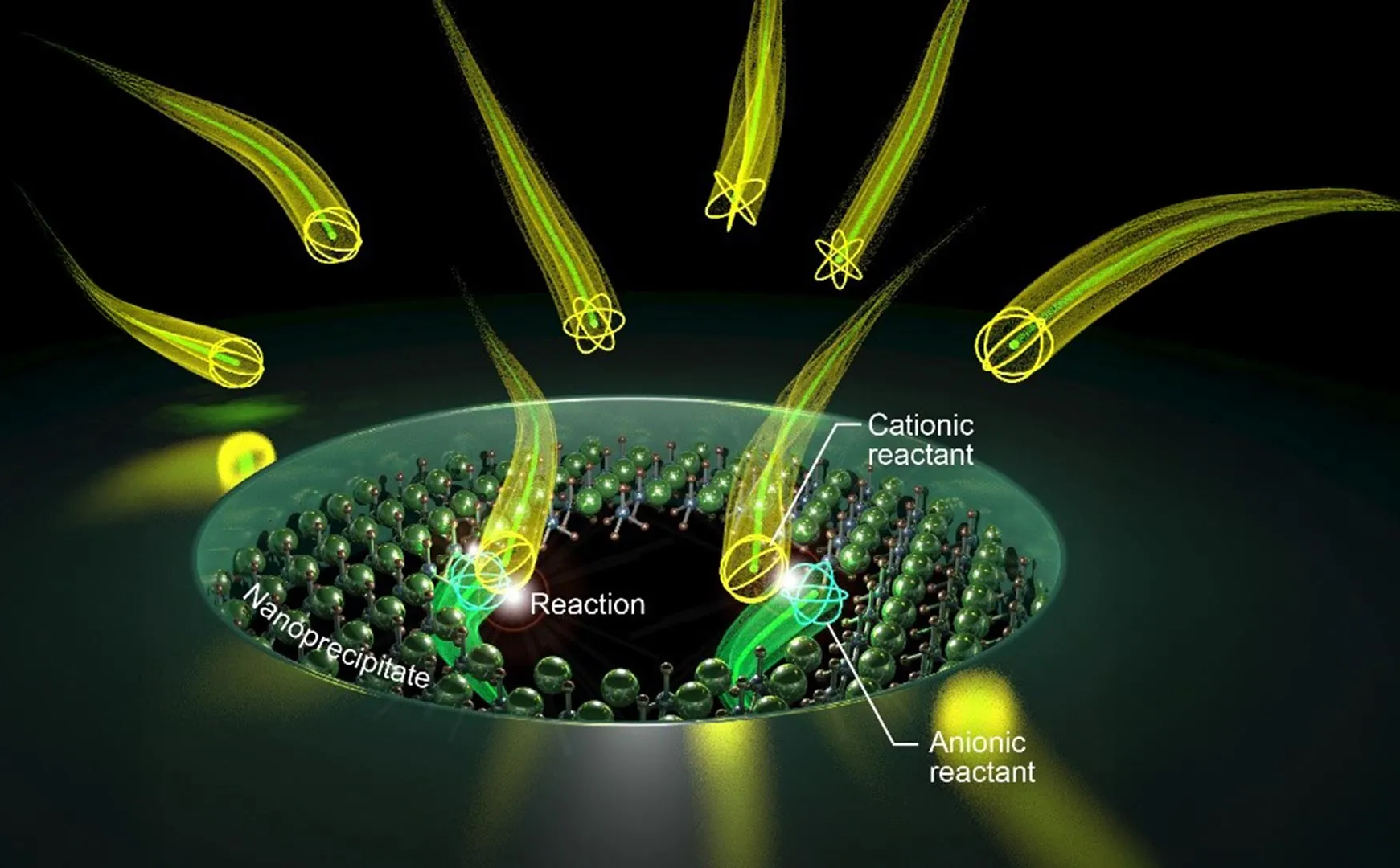Sophia Space says it has closed a $10 million seed financing round to accelerate the development of orbital computing systems.



Quantum technologies, devices and systems that operate leveraging quantum mechanical effects, could tackle some tasks more reliably and efficiently than any classical technology could. In recent years, some researchers have been trying to realize quantum networks to scale up the size of quantum computers, which essentially consist of several connected smaller quantum processors.
The devices in a quantum network are connected via entanglement, a quantum effect via which distant quantum particles become inextricably linked and share a single correlated state. One way to create entanglement between different atomic quantum computers is to use an atom-cavity interface, a system in which atoms interact with light inside an optical cavity.
Over two decades ago, two physicists at the University of Aarhus introduced a protocol designed to produce high-quality entangled states, reliably connecting devices in a network. Despite its potential, this framework, known as the state-carving (SC) protocol, was found to only succeed in 50% of cases, which has so far prevented its application on a large scale.


A new study has revealed how tiny imperfections and vibrations inside a promising quantum material could be used to control an unusual quantum effect, opening new possibilities for smaller, faster, and more efficient energy-harvesting devices.
The international team, led by Professor Dongchen Qi from the QUT School of Chemistry and Physics and Professor Xiao Renshaw Wang from Nanyang Technological University in Singapore, studied the mechanism governing the so-called nonlinear Hall effect (NLHE). The research is published in the journal Newton.
Unlike the classical Hall effect, this quantum version allows alternating electrical signals, like those found in wireless or ambient energy sources, to be converted directly into usable direct current without the need for traditional diodes or bulky components.

Depending on others for something you need may feel like a risky proposition—and perhaps a human one. It is actually a survival strategy found in the microbial world, and far more frequently than one might expect. Discovering why is key to understanding how microbes form stable communities across medical, industrial, and ecological settings.
A new study by bioengineering professor Sergei Maslov (CAIM co-leader), computational scientist Ashish George, and biology professor Tong Wang explores why interdependence can be such a winning move for microbial communities. Their work, published in Cell Systems, demonstrated that a mathematical model of how bacteria produce and share resources accurately predicted the outcome of experiments with living E. coli strains.
The researchers’ collaboration began during their time as colleagues at the Carl R. Woese Institute for Genomic Biology at the University of Illinois Urbana-Champaign. George continued the collaboration in his position at the Broad Institute; Wang, in his appointment at Purdue University. Maslov, who led the study, remains at Illinois and is an affiliate member of the National Institute for Theory and Mathematics in Biology.



For decades, scientists and engineers have steadily advanced technologies that control and manipulate light. These tools now underpin everything from ultra-precise atomic clocks to the massive data flows moving through modern data centers.
As industries increasingly rely on optical systems, the market for dependable light-based technologies has grown into a sector worth hundreds of billions of dollars worldwide.

Scientists have taken a major step toward mimicking nature’s tiniest gateways by creating ultra-small pores that rival the dimensions of biological ion channels—just a few atoms wide. The breakthrough opens new possibilities for single-molecule sensing, neuromorphic computing, and studying how matter behaves in spaces barely larger than atoms.

How can scientists measure viscosity inside a living cell, whose entire volume is just a few picolitres? Using computer simulations, researchers evaluated magnetic rotational spectroscopy, a technique that spins microscopic magnetic wires to probe the cytoplasm. The study shows that the motion generated by the wire is extremely localized, affecting less than one percent of the cell, so the measurement does not harm the cell. The results also confirm that, under standard conditions, magnetic rotational spectroscopy accurately captures the cytoplasmic viscosity. These findings validate magnetic rotational spectroscopy as a precise and minimally invasive technique for quantifying the mechanical properties of living cells.
Read the article in Interface.
Abstract. Recent studies have highlighted intracellular viscosity as a key biomechanical property with potential as a biomarker for cancer cell metastasis.